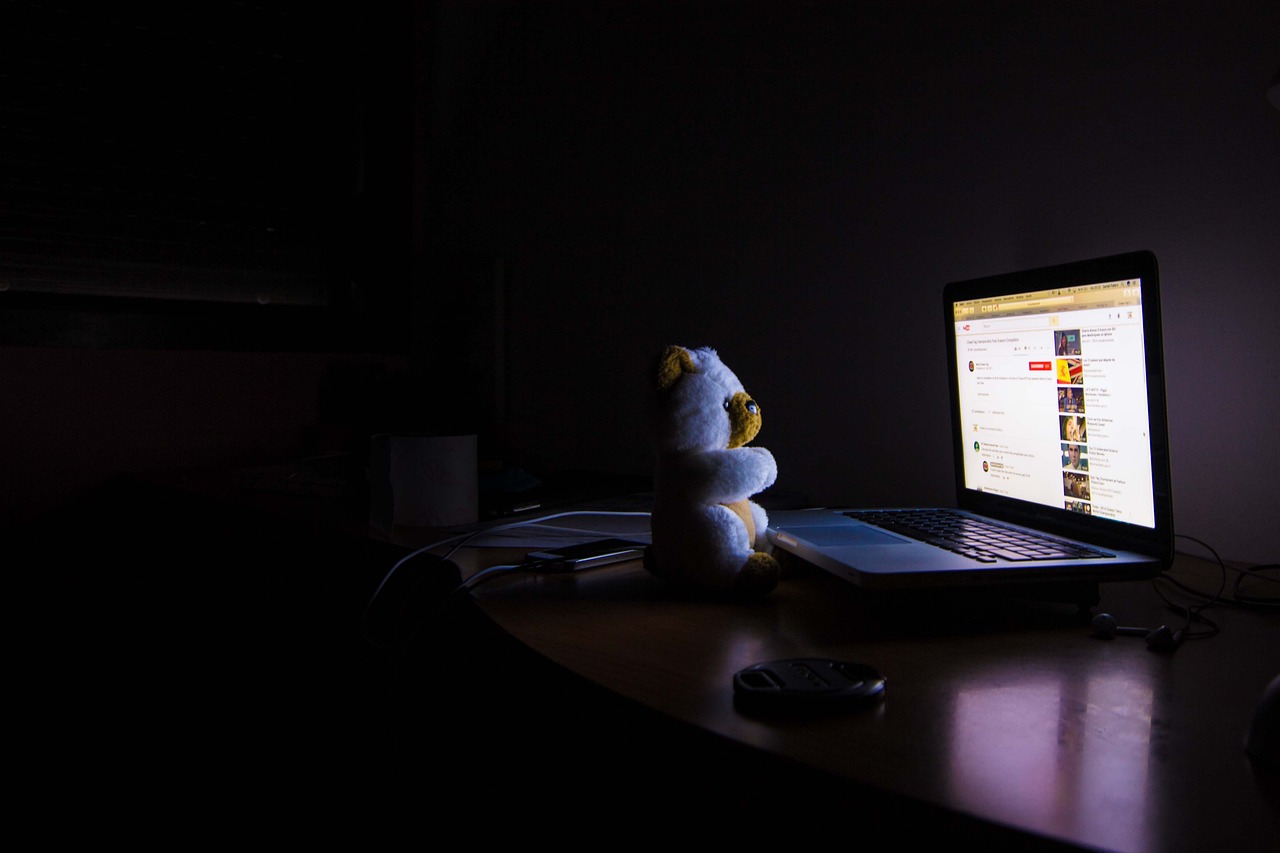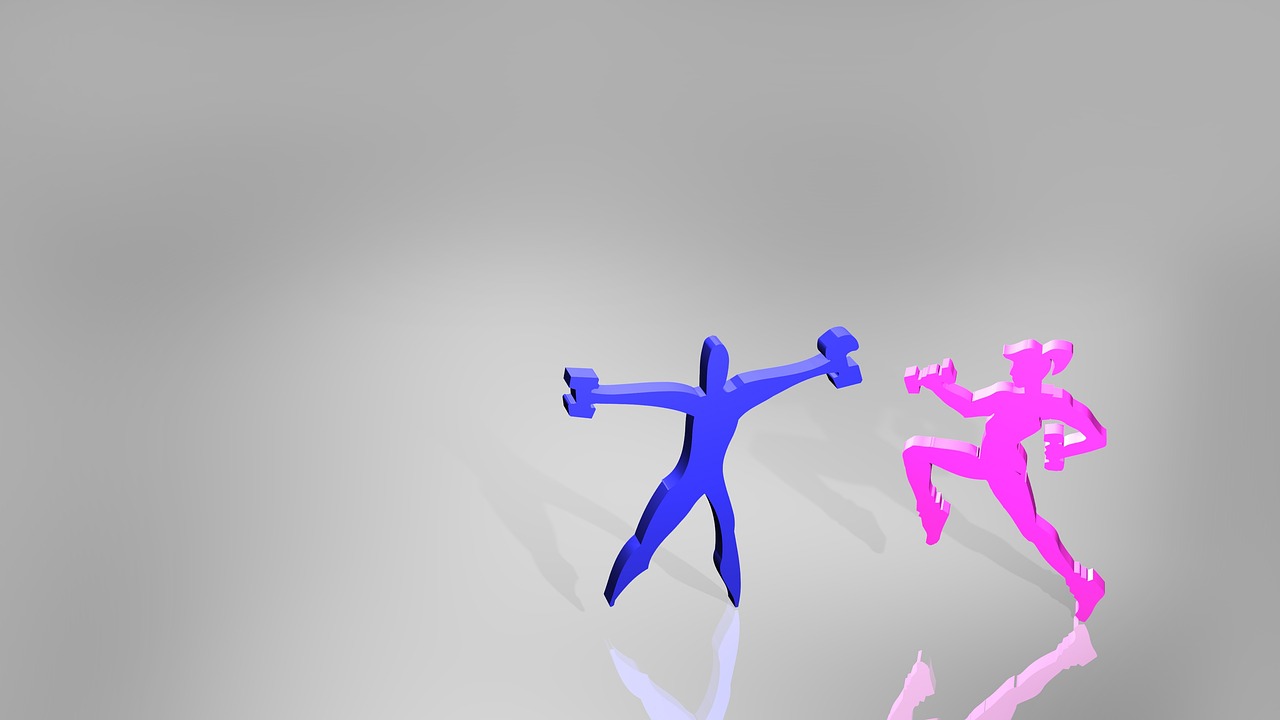Once upon a time, melatonin as a miracle drug all over the world, a lot of insomnia patients even take it as a miracle cure for insomnia, as long as the insomnia to a pill. In fact, melatonin is only applicable to certain causes of insomnia type, today we will talk about how to correctly recognize the application of melatonin in sleep disorders.
I. Where does melatonin come from? What are its physiological effects?
Melatonin is a class of hormones secreted by a structure called pineal gland in the brain. As an important endogenous timing factor, its synthesis and its own rhythm are controlled by the photoperiod. In other words, melatonin acts as an intermediary between light and the biological clock, regulating the sleep-wake cycle and ameliorating Jet Lag Reaction Syndrome (JRS).
II. What kind of sleep disorders is melatonin clinically suitable for?
Usually, melatonin is used to treat sleep disorders caused by sleep-wake cycle disorders, i.e., melatonin given in the morning can delay the circadian rhythm, and melatonin given in the afternoon or evening can advance the circadian rhythm, which corresponds to the treatment of patients with delayed sleep-wake phase disorders and early sleep-wake phase disorders, which corresponds to the night owls and early risers as we usually call them. However, there is a problem to be noted, small doses of melatonin may change the circadian rhythm, large doses of melatonin has a sedative-hypnotic effect, and 2-3 days after stopping the drug patients may return to the previous sleep-wake cycle, at the same time, melatonin can also lead to hypothermia, inhibit the development of gonadal glands, the release of too much prolactin leading to infertility and lower libido, so it is not suitable for long-term use of large quantities.
III. Can patients with insomnia be treated with melatonin?
In the clinic, melatonin extended-release agent is suitable for patients aged ≥55 years, mainly used for short-term treatment of insomnia with sleep maintenance difficulties. Another large class of drugs for melatonin receptor agonists, common two kinds of ramelteon and agomelatine. Ramelteon is indicated for insomnia with difficulty in sleep onset, but can also be used for biorhythmic insomnia and jet lag sleep disorders, and may not be effective for early awakenings. Adverse effects commonly include sleepiness, dizziness, nausea, fatigue, headache, and should not be used in patients with severe hepatic injury and patients taking fluvoxamine at the same time, and should also be used with caution in patients with severe obstructive sleep apnea. Agomelatine has the effect of antidepressant, anxiolytic, regulating sleep rhythm and biological clock, and is suitable for the treatment of anxiety insomnia symptoms in patients with depression. Adverse reactions include dizziness, drowsiness, etc. Avoid driving and mechanical operation during use.
Knowing this cold knowledge about melatonin, do you still use melatonin to treat insomnia? Different types of insomnia should choose the appropriate anti-insomnia drugs, while with non-pharmacological treatments such as cognitive behavioral therapy can effectively improve the symptoms of insomnia, do not take melatonin as a miracle drug to use!



